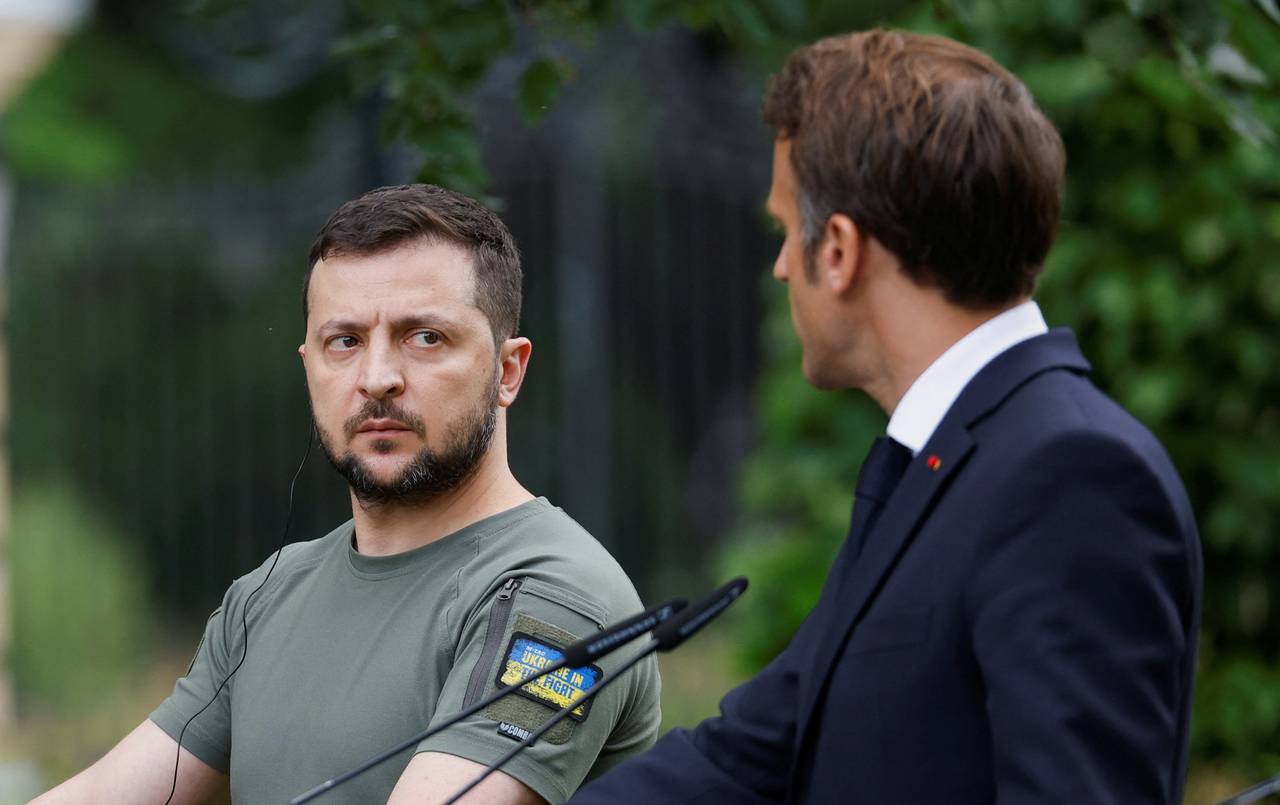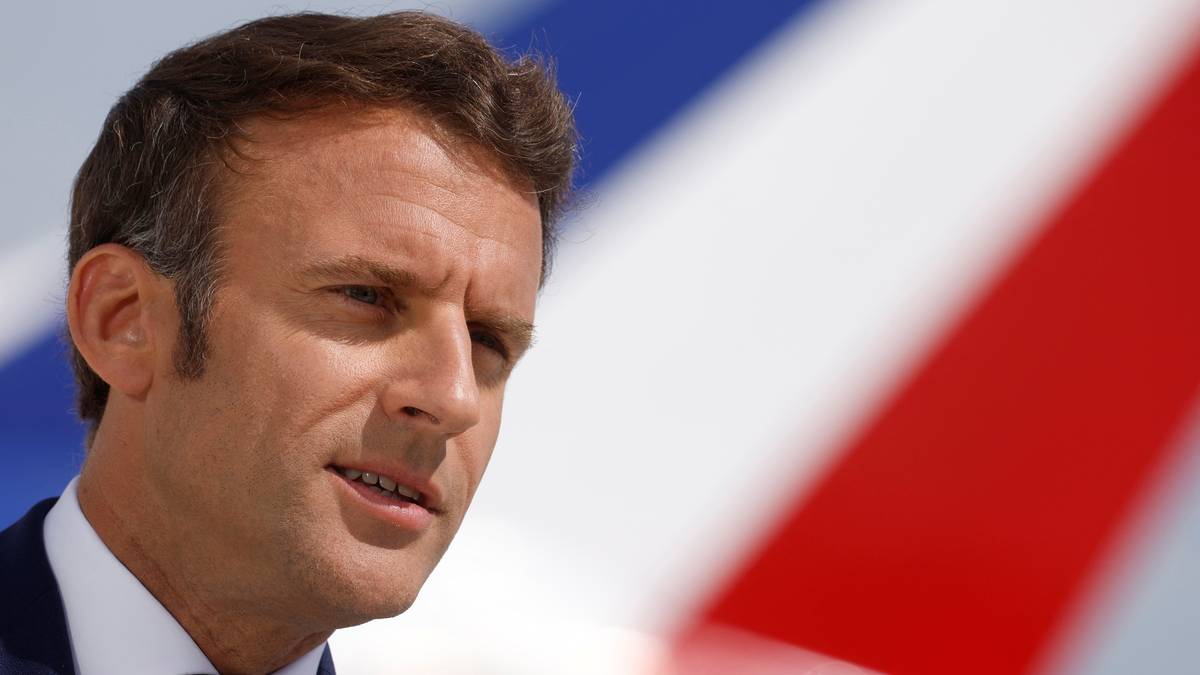More than two months after the first round of the French presidential election, the French are still going to the polls.
Tomorrow, the second round of parliamentary elections will be held.
– The president is dependent on getting a governing majority to implement his policy, says Kjerstin Aukrust to NRK.
Aukrust is an associate professor of French literature and area knowledge at the University of Oslo.
Although the election determines how much power the president gets, less than half of the voting population participated in the first round. 52.49 percent abstained, according to France 24.
Aukrust says that it is not uncommon for low turnout in France.
– There is a trend seen in France over time, where participation has decreased almost every year, says Aukrust.
A woman is voting in a polling station with a picture of French President Emmanuel Macron in the background.
Photo: Jean-Francois Badias / AP
–
Macron absent
One of the reasons for the low turnout is a lack of trust in politicians, Aukrust says.
– One can talk about a democratic crisis in France. There is a great deal of skepticism towards the political elite. Most people do not trust politicians.
The parliamentary elections have not received much attention this year. The parties have not been as active in the election campaign as they are in the presidential election.
“People have hardly noticed that there are parliamentary elections,” says Aukrust.
In particular, the president, Emmanuel Macron, has been absent.
He has spent a lot of time abroad after being re-elected president in April.
 –
–Emmanuel Macron has spent much of his recent time abroad. This week he visited Ukraine.
Photo: VALENTYN OGIRENKO / ReutersPhoto: VALENTYN OGIRENKO / Reuters
–
Last week, he was in Kyiv visiting the Ukrainian president, Volodymyr Zelensky.
The first round of elections was held on 12 June. Macron’s center-right alliance, Ensemble! received 25.8 percent of the vote.
While the alliance on the left, Nupes, received 25.7 percent.
Difficult for the outer parts
Both the presidential election and the parliamentary elections in France are what are called majority elections in one-man constituencies over two constituencies.
